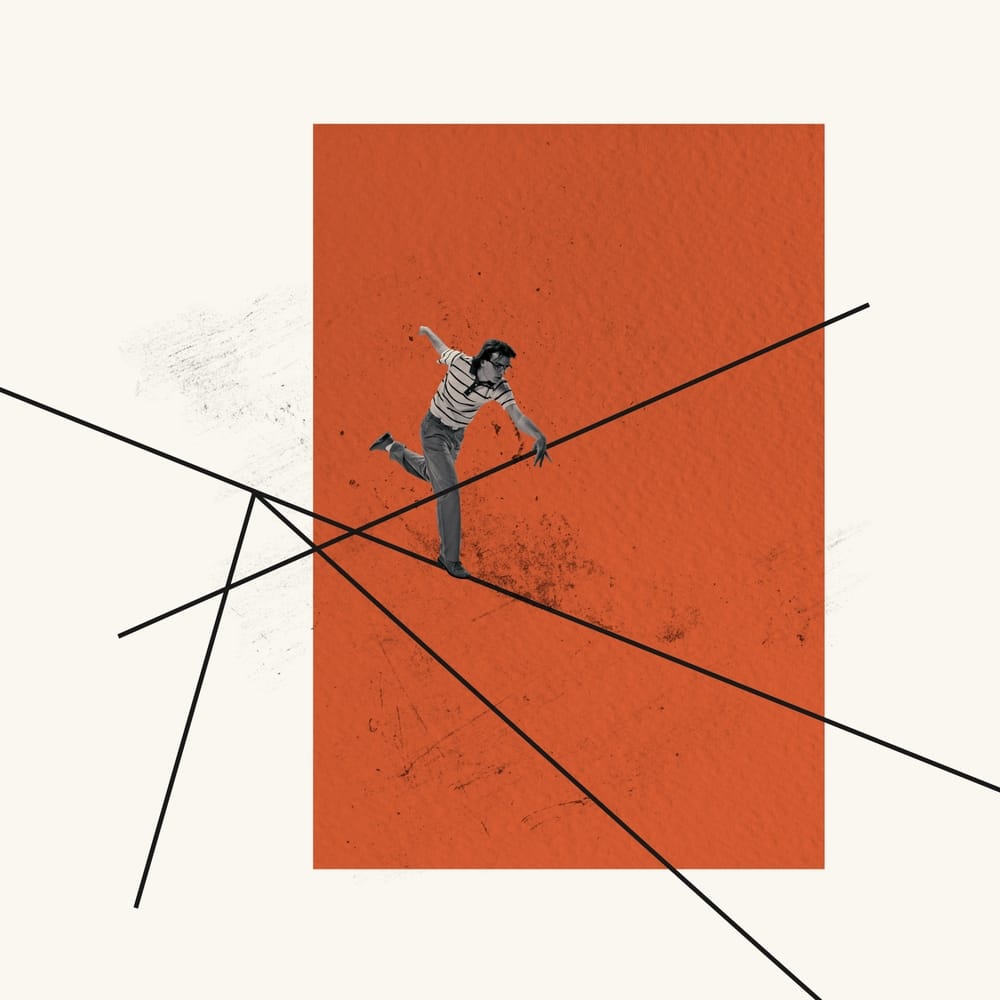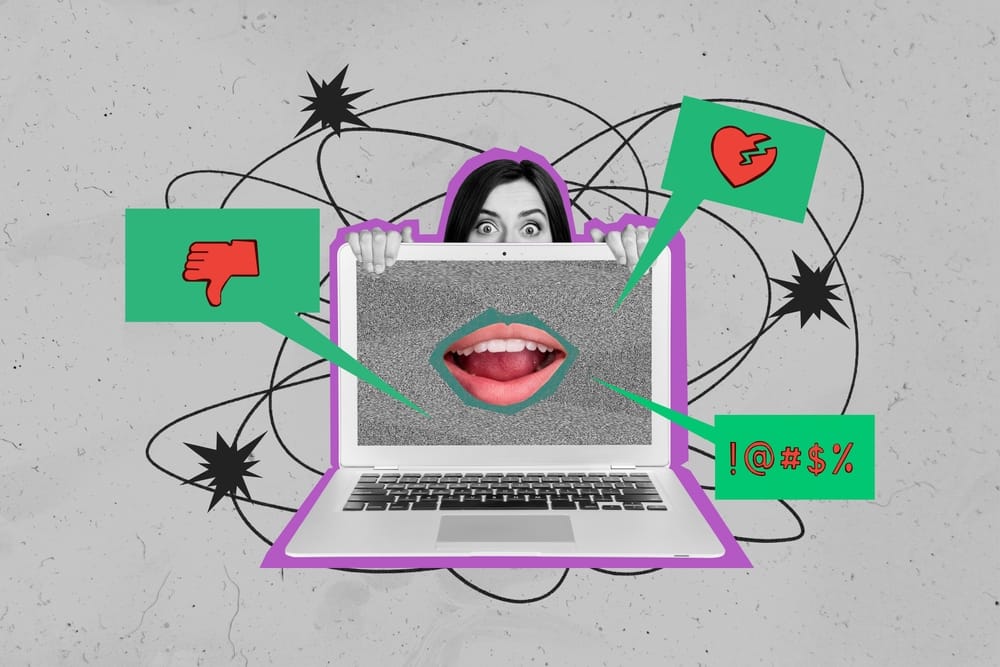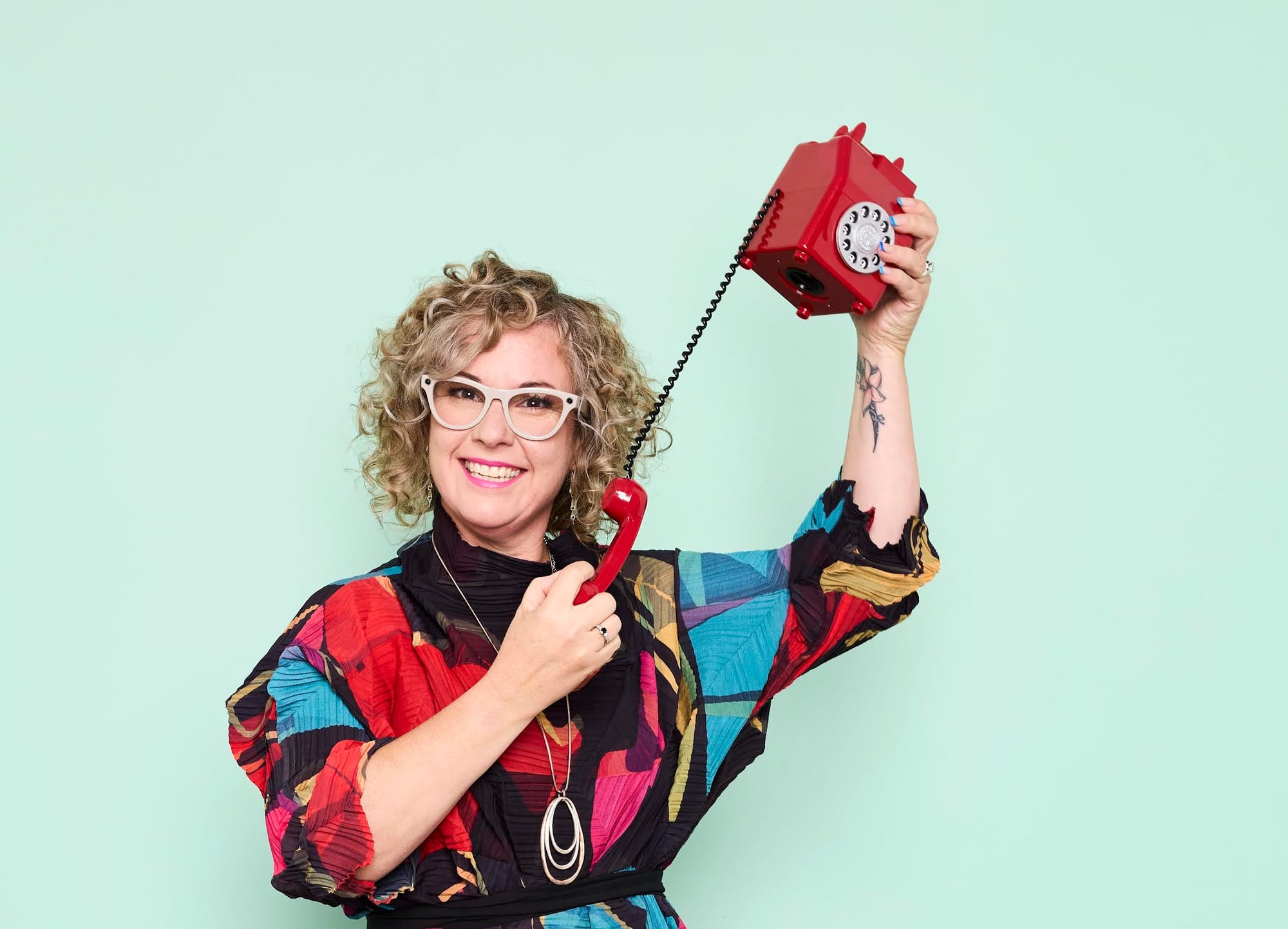
Laughter is medicine
When people talk about comedy, they often dismiss it as just entertainment – a couple of hours of distraction, a few belly laughs, and then back to real life. But after 15 years working in the comedy industry, I know it is much more than that. Comedy is not only a mirror of society, reflecting our shared experiences in real time – it is also a powerful pathway to wellbeing.
I’ve watched audiences come alive in comedy clubs and theatres. I’ve seen how laughter shifts the energy in a room, how people lean into each other, and how conversations spill out into the foyers afterwards. That kind of collective release is more than fun – it is therapeutic.
The connections comedy makes
At the New Zealand Comedy Trust, much of our work is in the live space. A packed theatre creates a visible wave of laughter – you can literally see bodies moving together, almost as though the entire room is breathing in sync. That’s connection in action: strangers realising they’re not the only ones who think or feel a certain way.
I’ve also seen how comedy bridges isolation. During lockdowns, when live performance wasn’t possible, comedians like Chris Parker connected with audiences online. His skits about buying toilet paper or watching the 1pm updates captured our shared anxieties in real time. People felt seen. That is the connective tissue comedy builds – whether in a theatre of 3,000 or alone at 3am scrolling online.
Connection doesn’t stop with audiences. Through our Class Comedians programme with rangatahi, we’ve seen how comedy workshops can build confidence, unlock voice, and help people share their stories with authenticity. We’d love to explore partnerships with the mental health, addiction, and intellectual disability sectors to bring these same benefits into their toolkits – using comedy not just for laughs, but as a practical way to foster connection, resilience, and self-belief.

Comedy and the five ways to wellbeing
When I look at the internationally recognised framework for mental health – the five ways to wellbeing – comedy fits every category.
- Be active: Comedy gets you out of the house, into a theatre, part of an experience that energises you physically as well as mentally.
- Connect: At the core of every show is connection – with friends, strangers, and performers. It can be live on stage, or give you a connection with online content at 3am in the morning when you can’t sleep.
- Take notice: Comedy sharpens perspective. It makes you reflect on everyday situations, sometimes absurd, sometimes painful, and see them differently. It can also highlight more universal experiences.
- Keep learning: Workshops and performance opportunities give people new skills, new confidence, and new outlets for self-expression.
- Give: Comedians are often extraordinarily generous, sharing vulnerable lived experiences to help others feel less alone. That act of giving – of making light from struggle – is transformative.
I’d eagerly recommend a bit of comedy as part of anyone’s wellbeing practice. It really is fundamental to how we feel
Comedy shifts perspectives
Some of the most powerful moments I’ve witnessed on stage come when comedians share their own lived experiences. Joe Damond talking about the time he was living in his car, Guy Williams opening up about anxiety and ADHD, or Abby Howells reframing her autism diagnosis as both challenge and strength. Their honesty turns vulnerability into connection. Audiences laugh, yes, but they also leave with hope.
That matters. Many of us know what it feels like to hustle just to get through the day. For some, it’s a battle simply to get out of bed, take medication, or not reach for a drink. Watching someone turn that same kind of daily hustle into art – and then share it with generosity – creates perspective. It reminds us we’re not alone.
Why laughter belongs in every wellbeing toolkit
If I had to boil it down, I would say comedy is valuable because:
- It makes us feel physically better – laughter releases stress and lifts mood.
- It connects us to others – whether in a theatre, online, or in a workshop.
- It shifts our perspective – offering surprise, delight, and new ways of seeing.
- It builds confidence – giving people the tools to find and use their voice.
That’s why, for me, laughter is not just entertainment. Laughter is medicine.


